Greek and Persian Wars | Commemorating the Great War (Lecture 11)
Lecture 11: With the victory over the Persian fleet at Mount Mycale, the Athenians, commanded by the aristocratic Xanthippus, took control of the Hellespont; the bonfire created from the hulls of Persian ships became a beacon that announced to the Ionian Greeks their freedom from Persian control. Victorious, Xanthippus and his army returned home to rebuild Athens and join in the celebrations taking place throughout the Greek world. Various monuments—the Spartan burial mound at Thermopylae, the dedication of triremes at Sounion, the construction of new temples to the gods—served to commemorate the fallen soldiers and memorialize the tremendous military achievements of the Persian wars. In addition, a new art form—tragedy—received a great impetus from such playwrights as Phrynichus and Aeschylus, whose respective plays The Phoenician Women and The Persians were inspired by the horrors of Salamis. These various forms of commemoration ensured that knowledge of the Greek victories would pass down to subsequent generations.
Recommended Reading:
Aeschylus, Prometheus Bound and Other Plays.
Rosenbloom, Aeschylus: Persians.
-
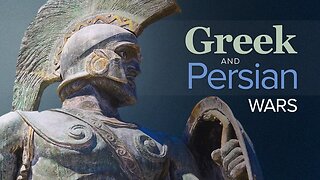 31:04
31:04
The Great Courses
7 months agoGreek and Persian Wars | Who Is the Great King? (Lecture 23)
138 -
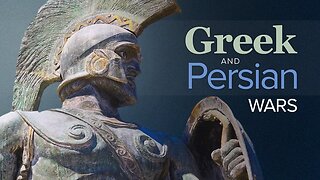 31:28
31:28
The Great Courses
7 months agoGreek and Persian Wars | The Freedom Fighters (Lecture 10)
69 -
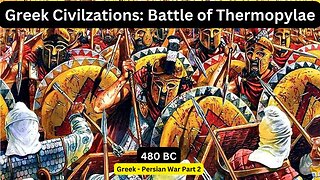 15:19
15:19
T55REX
1 year ago5. Ancient Greece Civilization: Greco-Persian War Part Two - Battle of Thermopylae - 480 BC
16 -
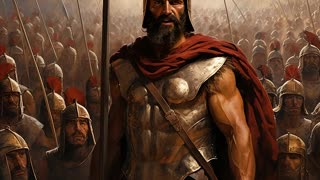 0:59
0:59
The Historical Conquest Channel
4 months agoThemistocles Tells His Story Fighting off the Persian Army
17 -
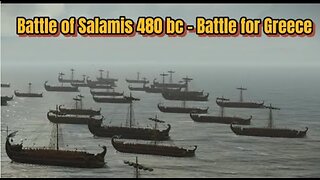 22:51
22:51
Joseph Wouk's Channel
6 months agoThe Battle of Salamis 480 BC - The Epic Battle for Greece
1.81K -
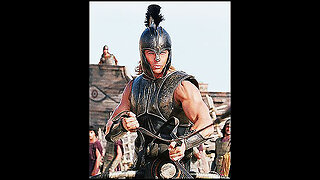 0:55
0:55
Writing Short Stories
1 year agoAncient Classical Greece Textbook
170 -
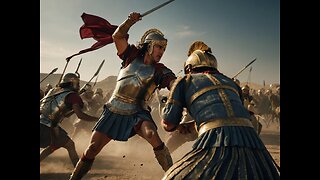 0:51
0:51
Treasure
4 months agoAlexander The Great's DEADLY Invasion Of Persia
8 -
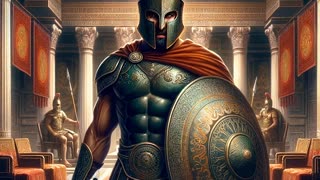 0:59
0:59
The Historical Conquest Channel
4 months agoLeonidas I Tells his Story during the Greco Persian War and Xerxes the Great
21 -
 45:49
45:49
Cernousov
5 months agoLife of a Spartan in Greece | History of the Greek Empire
115 -
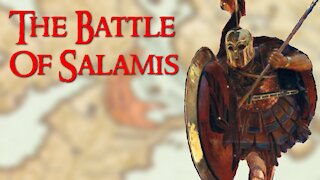 7:03
7:03
History Uncovered
3 years agoA Greek Soldier Recounts The Battle Of Salamis (480 BC) | Persian Empire Defeated
1301